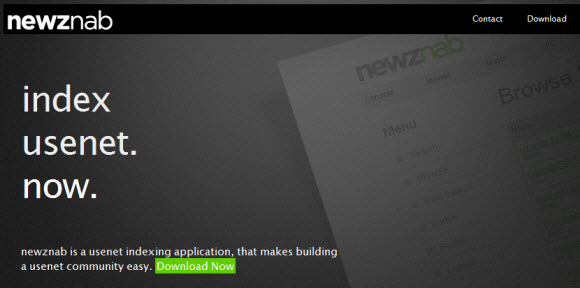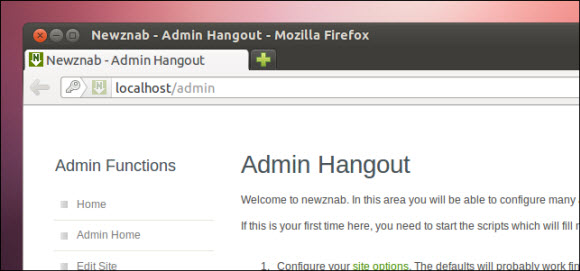Since the fall of Nzbmatrix and Newzbin2 there have been several new NZB sites launch and some close. There are still a lot of people interested in building their own Usenet indexer. Whether you want to index groups to share with friends or for personal use. You have a few options. Our favorites are Newznab (NN+) and nZEDb. Both will get the job done. We’ll share some helpful resources to get you started.
There are a number of options still available for finding Usenet content. From clients with built-in search to NZB sites and search engines. You can visit our main site – Newsgroup Reviews – to learn more about the latest software and websites available for searching newsgroups. With that said the rest of this post will focus on doing it yourself. With free source code and resources for getting everything set up.
We suggest you start by taking a look at Newznab. You can use Newznab’s free open-source code to build your own Usenet indexer. They offer both a free version and a premium Newznab Plus (NN+) release that adds additional features for around $20. Most the new NZB sites are built on the Newznab engine. For that reason you’ll notice a lot of similarities between the Newznab screenshots and some popular NZB communities.
If you decide to give Newznab a try then @taybgibb has written a great guide on the How-To Geek site. Taylor walks you step-by-step through how to build a Usenet indexer using Newznab on a system running Ubuntu. You will also need a Usenet provider with long retention and good completion to build the index. The guide is very informative. We noticed that both Taylor and Newznab have responded to users comments.
See how others are going about creating their own Usenet indexer. Here are some additional resources:
- DSL Reports
- nZEDb
- nZEDbetter – help setting up nZEDb
- Spotweb
Regardless of whether you choose Newznab, nZEDb or something else to build your Usenet index we hope you enjoy the outcome of having your own private newsgroup index. If that doesn’t work you can always fall back on the old school method of downloading and searching your way through the headers for lost treasure.





